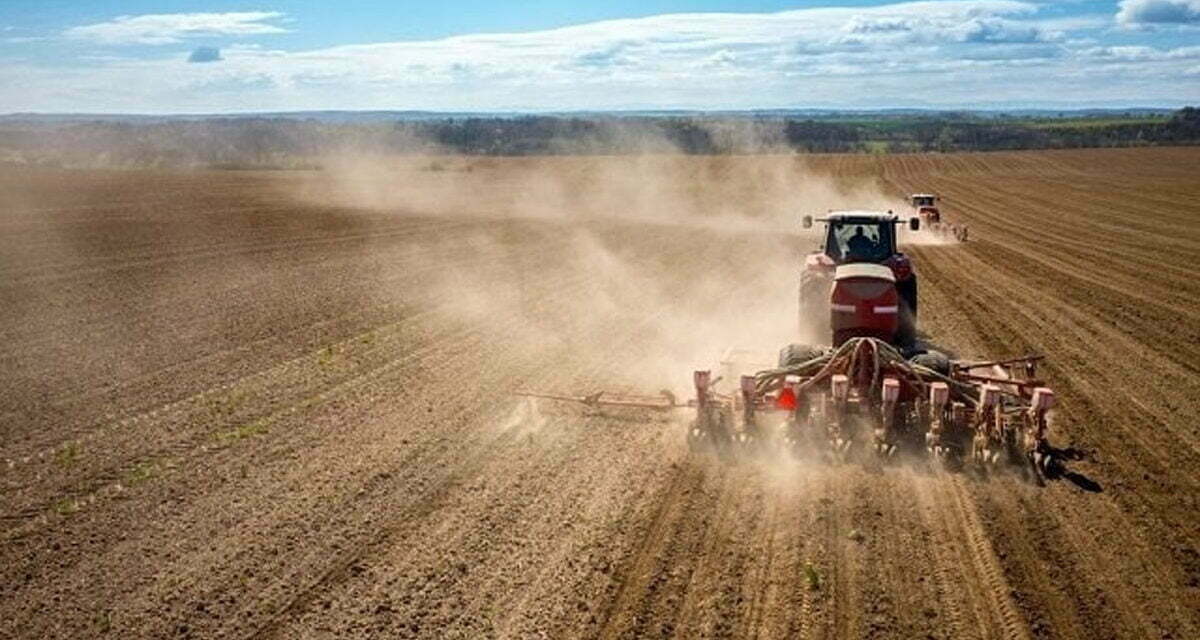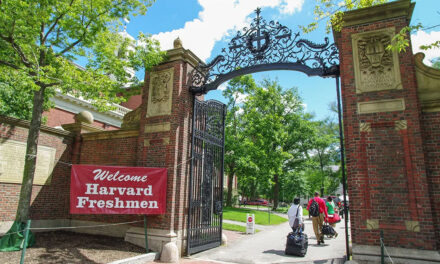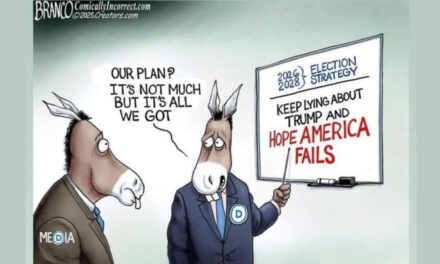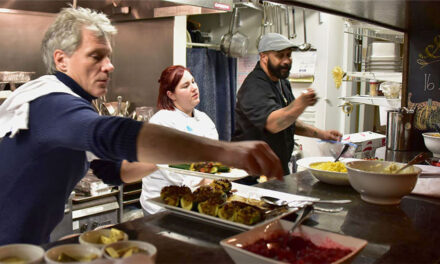
Major Famine Imminent: 15-20% Shortfall in the World Food Production?

We warned on March 23rd that if the Russia Ukraine war was not over soon, we would have a worldwide famine. You can read our projections here. Russian Invasion Could Spark Massive Famine
Now it is a virtual certainty. According to Reuters, Ukraine provides 16% of global corn exports and 12% of wheat.
“This year, Ukraine plans to sow 70% of the acreage”, said First Deputy Minister of Agrarian Policy and Food Taras Vysotsky. “According to the pessimistic forecast, it is clear that it will be possible to sow 70%. If the territories of Chernihiv and Sumy regions, which have huge agricultural areas, will be cleared in the coming weeks, it is possible that the acreage will grow to 80%,” the deputy minister said. 30-40% of the crops will be used for domestic consumption, and the remainder for export.
Let’s do some quick math. Lose 30% of production, then 40% of the remaining is for domestic consumption. That means that less than half of the normal grains will be available to export to their third world importers.
That assumes that the First Deputy Minster of Agrarian Policy and Food is telling the truth, which is highly unlikely. I’m guessing these figures will be revised downward, even with the best-case outcomes of the war.
But if the war continues for another month, this will become progressively worse. As infrastructure is destroyed, Ukraine may export relatively little wheat or corn.
Add to this the news that crops in Argentina, Chile and Brazil are lower from drought conditions and the U.S. will not be able to make up the difference, and it seems that food supplies could easily fall short 15% to 20%
There will be famine.
The rich countries will get grains first, the poorest will be disproportionately affected.
Libya, Egypt, Bangladesh, Tunisia and Yemen will likely be the worst hit. They can least afford it and have little political clout.
Perhaps my numbers are overly pessimistic. That’s my job. This will likely not last for more than one year, every producer can increase production, and prices will rise to encourage it. Heck, the U.S. alone could feed the world if it ramped up to grow in every available field.
But right now we are looking at a massive shortfall, and people on the bottom rung of the ladder will die. And no reprieve until crops are in, in Fall of 2023.
This is yet another situation overlooked by the Biden Administration, whose incompetence allowed this war to happen.
Thanks, Joe.



























Bible prophecy coming true But just wait. The worst is yet to come. But the people saved by the blood of Christ won’t be here to enjoy it.
Hmmm.Maybe ol billy gates should grow crops for the us. He is the majority farmland ho!der.
Actually, wouldn’t be a bad idea, he can take the risk and maybe make a dent.
We’ve been paying farmers to NOT FARM THEIR OWN LAND!!! Just like Biden stopped oil drilling in America just when we became independent of OPEC and Russia….. These elites are on a road to destroy our country!!
Oye, interesting first sentence and then it goes to shit…….
1Biden did not stop oil drilling in America or anywheres else. Not one working well stopped. He stopped selling leases on government land, which might be oil drilling someday in the future. And then he listened to you and reopened some of the lands for drilling.
We never were dependent on Russian oil, ever. Buying some, and being dependent are two very different things.
We became oil independent due to huge decrease in demand due to huge lack of driving due to covid. That was the largest contributing factor. Production levels also collapsed. Now, demand back, production levels aren’t, and golly jeepers, imports and prices are up, go figure. Production to expand beyond it’s 2019 peak in 2023: “In our February 2022 Short-Term Energy Outlook (STEO), we forecast that crude oil prices will remain high enough to drive U.S. crude oil production to record-high levels in 2023, reaching a forecast 12.6 million barrels per day (b/d). We expect new production in the Permian Basin to drive overall U.S. crude oil production growth.” https://www.eia.gov/todayinenergy/detail.php?id=51318
Now, back to the sentence that made more sense: “We’ve been paying farmers to NOT FARM THEIR OWN LAND!!!’ Yes it’s true for both good and bad reasons. We subsidize agriculture so farmers will take the risk to plant the things we want and have a price guarantee and for drought, etc. This was really important with smaller farms where entire communities could be wiped out in a bad season. However, time creates unintended circumstances and sometimes we continue to pay for things we don’t need, farmers obviously plant them, yada, yada. Then there are times when we put a price out there to protect the market and farmers react by planting way too much cuz they are guaranteed.
But the worst is sometimes we pay them not to plant because if they plant ultimately either the govt or the market just gets stuff no one wants and it rots in the silo. Then, we made it a system using conservation and less pollution as the benefit so we paid folks not to plant in protected areas. And then we expanded the protections, the money, etc. Unintended circumstances often due to time. The longer the time, the more need to expand organizations, budgets and the land we are paying not to plant on…..
Can’t say how big the problem is, is there even a problem, but chances are there is always a subsidy or a payment for not planting that should be pruned. While subsidies and “protection payments” may have their place, they always need to be reviewed for relevancy. Many of their benefits may just have aged out due to changing supplies and demands.
Good point cuz if people are starving, maybe it’s a good year to plant wetlands in the watershed. Might be worth the risk and then we can turn it back to wetlands when food supplies return. You never know.